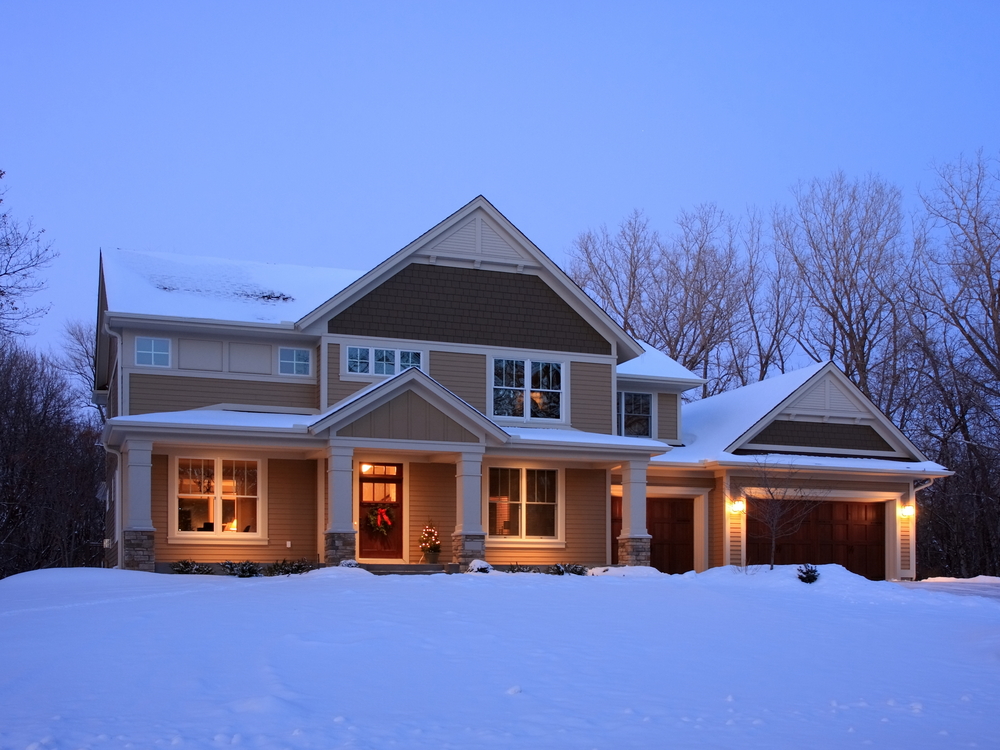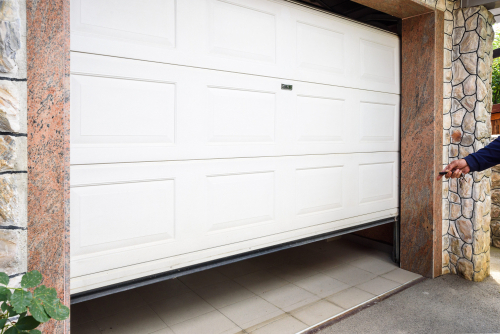
How the Weather Affects Your Garage Door
The garage door is designed and manufactured to last homeowners for years upon years. However, that does not mean that it will never deteriorate due to natural elements. As a homeowner, you have the responsibility to understand how the weather affects your garage door and how to spot it. Therefore, the following includes critical information regarding the observation and prevention of weather damage to your garage door.
How Sunny/Hot Weather Affects Your Garage Door
If you live within an area of the country that experiences intense sunlight, then it’s likely to affect your garage door sensors. Because light from the sun is constantly hitting your sensor, it may trick it into thinking that something is blocking it. This can cause the door to open when you’ve commanded it to close. The best way to avoid this issue is to place some type of covering between the door and the sun to shade it from the light. As you can see now, how weather affects your sensor can cause some serious security risks to your home. Other areas of the door that can be affected by the heat include your door panel paint, which can reduce your overall curb appeal. If you have any issues with an already weather-damaged door or sensor, you may seek the services of a Long Beach garage door repair company to ensure proper repairs.
How Cold Weather Can Damage Your Door
Those living within colder climates will often find much of their damage coming from melted snow. A common occurrence for these types of locations includes having snow melting near the door. This then causes the water to melt and thus causes it to freeze shut. Homeowners with wooden garage doors may encounter much more severe damage as melted snow can cause swelling of the door. This prevents your door from being able to shut or lift properly and can damage other components along the way.










